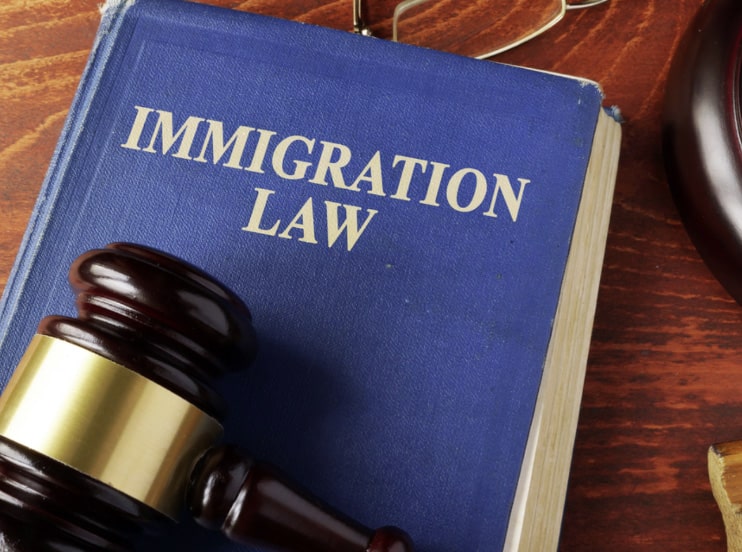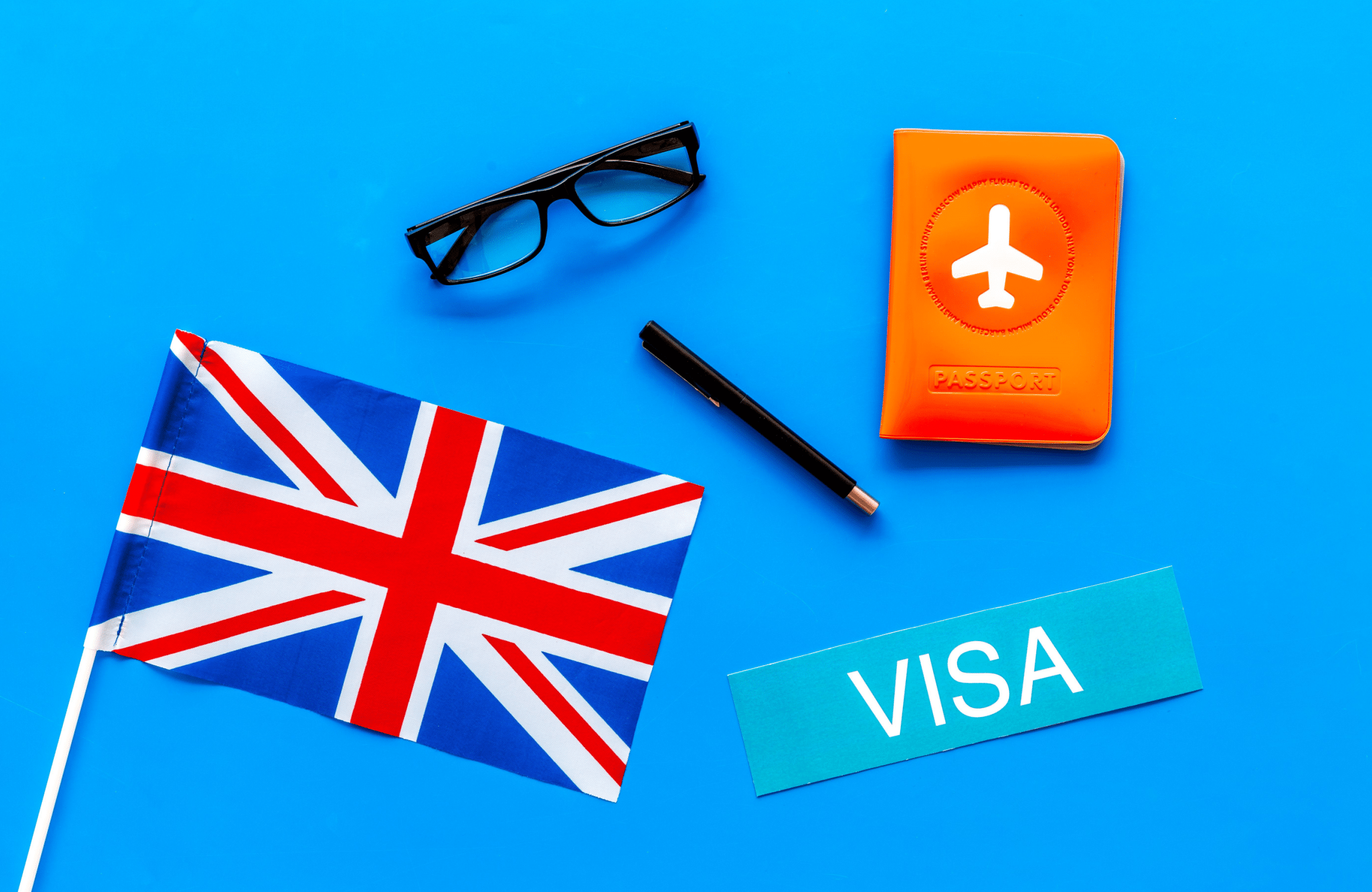At Truth Legal, we’re highly experienced in the sponsorship of regulated medical professionals, including allied health professionals. Aside from our extensive work in the care sector, we’ve also assisted in the sponsorship of chiropractors, physiotherapists, dentists, dental hygienists, dental therapists, orthodontic therapists etc …..
In this article, we look at what we’ve found to be the key issues for sponsoring in regulated medical professions.
If you’d like to discuss this, or any other immigration issue, with our team of experts, get in touch today.
Which roles can I sponsor?
As you might expect, most regulated medical professions are considered skilled occupations by the Home Office, so it’s unlikely you’ll fall foul of this requirement.
You can sponsor in the following roles, among others:
- 2212 – Psychologists.
- 2213 – Pharmacists.
- 2214 – Opticians and Optometrists.
- 2215 – Dental Practitioners, including Dentists and Orthodontists.
- 2218 – Podiatrists and Chiropodists.
- 2219 – Health Professionals Not Elsewhere Classified, including Dental Hygienists and Dieticians.
- 2221 – Physiotherapists.
- 2229 – Therapy Professionals Not Elsewhere Classified, including Chiropractors, Osteopaths and Psychotherapists.
- 3219 – Health Associate Professionals Not Elsewhere Classified, including Acupuncturists, Hypnotherapists, Massage Therapists and Reflexologists.
The four-digit codes are known as Standard Occupation Classification, or SOC codes.
How much should I pay my sponsored medical professional?
You will need to pay your sponsored worker a salary which meets or exceeds the strict thresholds set by the Home Office. This is a complicated area of sponsorship, covered in more detail here. Importantly, many healthcare roles attract reductions to the standard minimum salary thresholds.
Be aware that, for many medical professionals, the minimum salary requirements draw on NHS pay bands. Somewhat confusingly, that means that non-NHS employers will need to identify which NHS pay band is equivalent to the role they intend to sponsor, and pay their sponsored worker accordingly.
Identifying an NHS pay band might feel a bit artificial if you’re, well, not the NHS, but we haven’t seen the Home Office interrogate the decision too closely. You should work out the most appropriate banding for the role you wish to sponsor.
It’s also worth thinking about the Shortage Occupation List, which is very relevant to the sponsorship of medical professionals. Minimum salary requirements are reduced where a job role appears on the Shortage Occupation List, as many medical professions do.
Finally, you need to remember the requirement to pay no less than £10.75 per hour, under any circumstances.
An example might help.
If you were to sponsor a Chiropractor, you would do so under SOC code 2229. This SOC code is a recognised health role eligible for a reduction in the general minimum salary threshold, from the standard £26,200 to the reduced £20,960. This applies to a working week of anything up to 48 hours.
As well as the general minimum salary threshold, you also need to pay at least the going rate for the occupation code, which in this case is decided by reference to NHS pay bands. You might decide that a Chiropractor is equivalent to NHS pay band, which in England gives a minimum salary threshold of £33,706. This must be pro-rated, unless your sponsored Chiropractor works exactly 37.5 hours per week.
Imagine that your sponsored Chiropractor will be working 40 hours per week. The general minimum threshold does not need to be pro-rated, as it is true for anything up to 48 hours per week.
The going rate is pro-rated as follows:
£33,706 ÷ 37.5 x 40 = £35,953.07.
Finally, remember that you always need to check that you’re not paying any less than £10.75 per hour:
£35,953.07 ÷ 40 (hours per week) ÷ 52 (weeks per year) = £17.29.
You could therefore pay your sponsored Chiropractor £35,953.07 gross per year, and you would meet or exceed all applicable minimum salary requirements. Of course, you can pay more if you choose.
What evidence should I submit with the sponsor licence application?
You’ll find all the general rules on evidence at Appendix A. Note that this document applies to sponsorship in any sector, and isn’t restricted to regulated medical professions.
However, you should pay close attention to table 2, which states that healthcare and medical providers must be registered with the General Medical Council or the General Dental Council, and provide evidence of their registration. As a minimum, you should provide the name of your regulator and your registration number. In our opinion, it is safer still to provide documentary evidence of your registration, such as your certificate or letter of registration.
You might also consider providing with your sponsor licence application evidence of the qualifications and registrations held by candidates you wish to sponsor, if relevant. It’s worth thinking about this when sponsoring in any sector, but it can have particular relevance to regulated medical professionals, whose qualifications are so important to their ability to practise.
What visa should my worker apply for?
Applicants for many healthcare and medical roles will be eligible for the Health and Care Worker visa, a special type of Skilled Worker visa which attracts lower fees, quicker decision times, and an all-important exemption for the worker from the costly Immigration Health Surcharge. See here at paragraph 3 for a list of eligible occupation codes.
However, to be eligible for the Health and Care Worker visa, an applicant must also be sponsored by an eligible employer. See here at paragraph 2 for what makes an employer eligible; it’s a detailed list which might be a bit more restrictive than you expect.
What if I’m sponsoring a student or recent graduate?
Healthcare and medicine have long been popular choices for international students studying in the UK, and we understand how this plays into employment in these sectors.
Perhaps you employ an international student part-time alongside their studies, and you’d like to make them full-time after they graduate. Or maybe you employ a new graduate on a Graduate visa which is expiring soon, and you’d like to keep them on the payroll.
The Home Office recently tightened up the rules on sponsoring students, and you can find more information in our blog article here: The Dos and Don’ts of Sponsoring a Student as a Skilled Worker. The most important development is a new prohibition on students switching into the Skilled Worker route without first completing their course.
Don’t forget to include with your sponsor licence application evidence of your existing relationship with the worker, if applicable. We recommend including a minimum of three months’ payslips to demonstrate that they have established their suitability for the role through past performance.
Another consideration is the new entrant criteria which, if met, can bring down minimum salary thresholds and also exempt the worker from paying the Immigration Health Surcharge. Again, more information can be found in our blog article: Sponsoring a Skilled Worker under the New Entrant Rate.
Need more information?
The Immigration Team at Truth Legal are experts in all-things-sponsorship, including sponsoring in regulated medical professions. Contact our team today to kick things off with a free, no-obligation consultation.
Further Reading
From one of the UK’s most read legal blogs.










